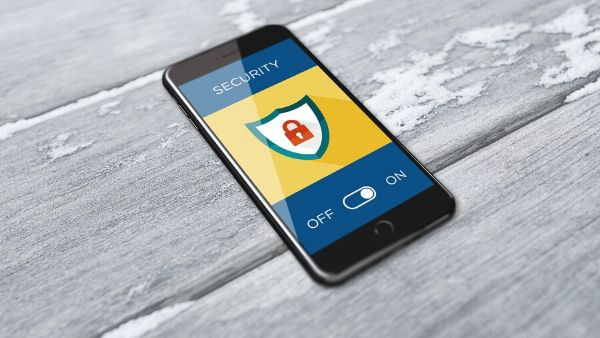|
Greetings Campus Community,
This week marks the close of National Cyber Security Awareness Month, an internationally recognized initiative held each October to raise awareness about the importance of cybersecurity. Technology Services would like to thank you for taking the time to view our weekly messages and familiarize yourself with helpful practices and advice designed to prevent identity theft from happening to you or the University as a whole.
Our hope is that we have all become more keenly aware of how important it is to protect our personal data as well as sensitive information we collect to accomplish the academic and business missions of Fresno State. There is no doubt that technology has enhanced the effectiveness of our daily activities, demanding our diligence in safeguarding the information entrusted to us. Information security efforts will only be successful when all members of the campus community understand the risks and take steps to avoid them.
Technology Services will continue to publish monthly security awareness messages to keep our minds focused on the latest trends and happenings in the realm of cybersecurity. Stay tuned for more.
Our final message in this year’s campaign will focus on identity theft. Please take a moment to review the helpful tips below to ensure you don’t fall prey to spammers and those bent on stealing your sensitive data.
Identity theft is a huge business! Personal and financial data stolen online is sold and misused by unlawful organizations. Below are some identity theft DO’s and DON’Ts — tips and advice designed to keep you from being the next victim.
DO NOT’s — TIPS AND ADVICE:
Do not click on attachments and links without knowing their true origin. What looks like a harmless video or image can actually be malicious software designed to steal your data. Even opening spam email can put your address on a spammer’s hit list for the future.
Do not give away more information than is necessary. Your bank and credit card provider already know your pin number and address. They don’t need you to tell them via email, phone or webpage.
Do not access online banking from a shared or public computer. You never know what might be lurking on the computer’s hard drive.
Do not conduct sensitive activities using a public wireless network. No online shopping, banking or other sensitive work using public Wi-Fi. When you connect to open or free Wi-Fi, your private information and passwords can be compromised.
Do not share passwords, email accounts or other online personal data. It’s difficult to protect information when more than one person has access.
Do not save credentials in web browsers. Would you store your password on a sticky note? Saving them in a browser is just as unsafe.
Do not take anything for granted. If an offer in an email or on social media sounds too good to be true, it probably is. It’s easy for spammers to fake company logos and the identity of senders.
DO’s — TIPS AND ADVICE:
Do be aware. Treat unsolicited emails or pages asking for personal information with suspicion, particularly those claiming to be from banks and credit card companies. Remember that you can always check with your bank or credit card company if you receive an email claiming to be from them.
Do regularly update your software. Many malware infections are the result of hackers exploiting bugs in software (web browsers, operating systems, common tools, etc.). Keeping these up to date can help to keep you safe.
Do use anti-virus software. Anti-virus software can help keep your computer free of the most common malware. Always check downloaded files with antivirus software. Do not install programs or applications on your computer if you don’t know where they have come from.
Do restrict access to your personal details on social media. The more information criminals have access to, the more effectively they can target you. Limiting the amount you share and to whom makes their job harder.
Do always use strong passwords. Computers can crack most common passwords very quickly. Making sure that your password is strong (above nine characters and using numbers, letters and symbols) can help.
Do use Two-Step Verification. Use Two-Step verification (Google Authenticator, DUO, etc.), which provides stronger security for your account by requiring a second step of verification when you sign in. In addition to your password, you’ll also need a code generated by the Google Authenticator app on your phone.
Do report it. If you are a victim of ID theft, report it immediately to your local police and the company affected (bank, online services, etc.).
|


